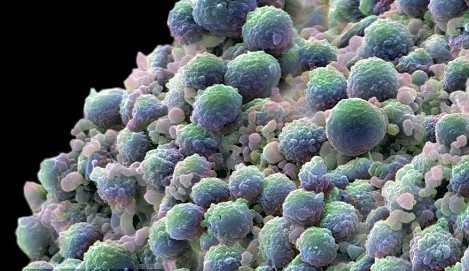Diagnostic problems during continuing care of the patient with cancer. The physician who undertakes the continuing care of a patient with cancer must be vigilant in promptly identifying complications arising from the progression of tumor and in detecting curable intercurrent illness that may be mistaken for manifestations of cancer itself. The patient with a known tumor who develops anorexia, weight loss, and jaundice may have cholecystitis and biliary obstruction rather than metastatic cancer and may die from that disorder unless the correct diagnosis is established.

Furthermore, some potentially treatable conditions are actually caused by the cancer therapy—postoperative adhesions or radiation-induced strictures leading to bowel obstruction or chemotherapy-induced immunosuppression leading to an opportunistic fungal infection. Certain drugs may even produce complications that simulate paraneoplastic syndromes, such as inappropriate secretion of ADH, neuromyopathy, or cerebellar degeneration. Although errors in diagnosis of intercurrent medical and surgical illness sometimes seem almost inevitable, the best way to minimize these problems is to assume that each new condition is due to a nonmalignant process, until it is proven otherwise. First recurrences of cancer must always be confirmed by biopsy because of their profound implications.
譯文屬可可英語原創(chuàng),未經允許,不得轉載。











